Seeing through the symptoms
We combine the best clinical acumen with the latest technology to uncover the root cause of the observed symptoms or behaviours.

Auditory or visual hallucinations
Hearing voices or seeing things that aren’t there, not perceived by others.

Delusions
Strongly held false beliefs, often paranoid or grandiose, despite contrary evidence

Disorganized behavior
Erratic actions or speech, lacking coherence or purpose, making daily tasks challenging

Did you know?
Children experiencing depression may interpret their strong negative thoughts as voices, which can be mistaken for psychosis. Similarly, young children with PTSD may describe their flashbacks as hearing voices and seeing things, which can also be misinterpreted as psychosis symptoms.

Uncertain about the diagnosis?
OUR DIAGNOSTIC PROCESS
Understanding your unique mental health needs
Each individual is different. And so is our mental health program that supports unique needs of every member.
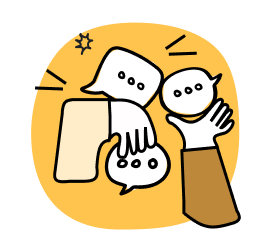
1
Online psychiatry assessment
Take a comprehensive online assessment of your child’s psychiatric symptoms and share relevant medical and family history.
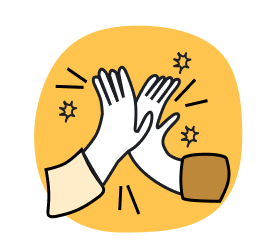
2
Psychiatric evaluation
Receive a comprehensive evaluation of your child’s emotional, cognitive, and behavioral functioning conducted by a board-certified provider.
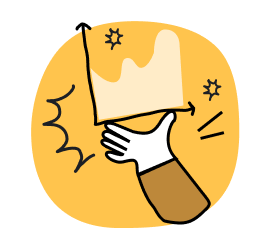
3
Treatment Planning
Actively collaborate with your child’s provider to develop an effective treatment plan tailored to your child’s needs and get started on your wellness journey.
We place the child and their family at the heart of our care experience
Self-Guided care
Empower your child with self-guided care for tics disorder and help them unlock their potential.

 Reality testing techniques
Reality testing techniques
Our self-help guides teach children to test the reality of their thoughts and perceptions. They learn to ask themselves if there is evidence for or against their beliefs and to seek confirmation from trusted adults, helping to reduce the impact of delusions and hallucinations.
 Learn relaxation techniques
Learn relaxation techniques
Using our DIY guides, your child will master deep breathing and progressive muscle relaxation. These practical tools effectively manage stress and anxiety by teaching calming methods that promote relaxation of the mind and body, reducing tension and fostering a sense of calm and control.
 Practice Mindfulness
Practice Mindfulness
Using our guide, your child will learn how to stay calm, focused, and happier by practicing mindfulness. Through fun and easy activities, they’ll develop skills to be present in the moment and enhance their overall well-being.
Parent Guide
Facilitating your active role in your child’s incredible journey to mental well-being.
 Education and understanding
Education and understanding
Our self-help guides teach you about psychosis, including its symptoms, causes, and how it impacts your child’s daily life. This knowledge helps you recognize early signs and provide appropriate support, fostering empathy and understanding for your child’s experiences.
 Creating a supportive Environment
Creating a supportive Environment
Our guides show you how to foster a safe and understanding space for your child by encouraging open communication, showing empathy, and providing emotional validation. You will learn to use praise and rewards to celebrate their efforts and build a positive emotional connection.
 Building coping skills
Building coping skills
Our guide empowers parents to teach their children essential stress management skills, including relaxation exercises like deep breathing and muscle relaxation, mindfulness practices, and strategies for handling distress.These skills foster resilience and well-being.
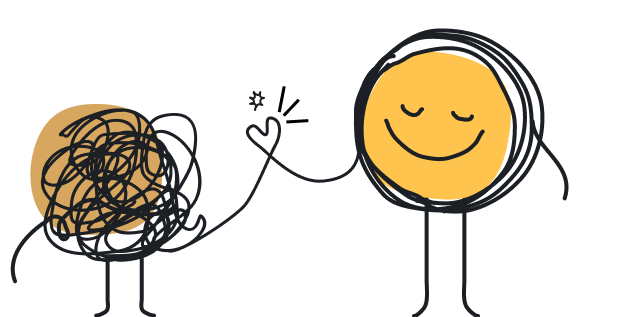
Mindweal Resources
Mental health resources just for you
Don’t have all the anwers yet?
That’s okay! As we’ve put together easy guides and helpful articles just for you.

Blog
Your guide to mental health conditions in children with ADHD

Blog
What is an advanced ADHD testing ? Exactly what to expect?

Self-Care and Healthy Habits
My child has ADHD and has gained weight. What can I do?

After-hours Crisis Care
Our emergency same-day appointments minimize after-hours crises. But, if you’re in crisis outside our working hours (Mon to Fri from 8 AM to 5 PM), call 911 or visit the nearest ER for immediate help and safety assessment.

Our psychiatric experts will help you find the right path forward for your child.





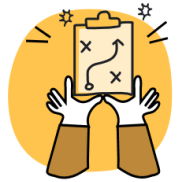


 Personalized medication management
Personalized medication management Comprehensive support strategies
Comprehensive support strategies
 CBTp
CBTp Social skills training
Social skills training Family therapy
Family therapy
 Tailored prescriptions
Tailored prescriptions Thorough monitoring
Thorough monitoring Expert guidance
Expert guidance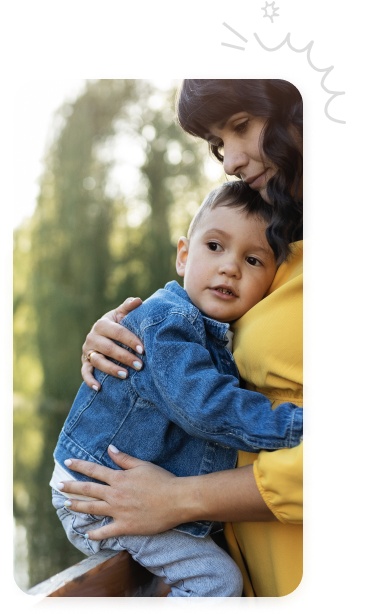
 Education Support
Education Support Self-help toolkits
Self-help toolkits Parent’s guides
Parent’s guides